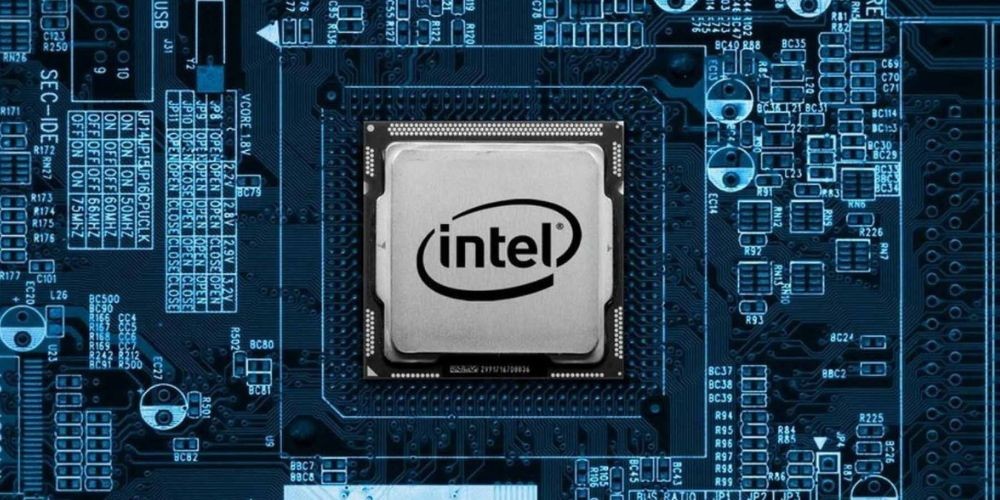Intel's APO Exclusive to 14th Gen: A Bitter Pill for Gamers with Older CPUs
- Nov 17, 2023
- 561

Intel’s latest innovation designed to boost gaming performance — the Application Optimizer (APO) — has stirred enthusiasm among enthusiasts eagerly awaiting new ways to push their systems to the limit. Introduced with their 14th-generation processors, APO has offered a tantalizing glimpse into the future of gaming with promises of enhanced frame rates for an increasingly immersive experience. Sadly, for legions of gamers not running on cutting-edge hardware, this feature remains an elusive gem.
The APO feature makes its debut with support for only two games, yet it shows impressive potential, with up to a 16% increase in performance showcased in benchmarks. This exclusivity has left owners of 12th and 13th Gen CPUs gazing longingly at the progress they cannot partake in. Despite the underlying similarities between these recent generations, particularly between the 13th and 14th, where the Raptor Lake architecture prevails, Intel stands firm on its decision. The APO, as declared, will remain a privilege of the newest generation.
This resolution bears weight on both sides of the argument. While the pursuit of progress demands a forward thrust, the boundary drawn by Intel suggests a calculated move to induce upgrades. This strategy can, however, come across as dismissive to a considerable portion of their loyal consumer base. Moreover, it seems an opportunity is missed to demonstrate the company’s commitment to providing value across its product span.
In broader strokes, the APO story is a complex one. Beyond the limitations of generational support, there lie the practical frustrations of implementing the technology. Testers have reported difficulties in enabling APO, suggesting an installation process fraught with challenges and counterintuitive steps. Such hiccups could indicate a technology still needs to mature, but they also highlight a need for a more polished rollout. These issues cast a shadow of doubt over APO’s readiness for a broader market.
In summary, while APO stands as a testament to Intel’s ongoing commitment to innovation within the gaming industry, its current implementation is laced with an air of exclusivity that might well ruffle feathers. Intel must address both the user-friendliness of its technologies and its strategies for legacy support. The future may hold a more integrated approach to enhancing performance across CPU generations, but for now, many gamers with older systems peer through the glass at a future just out of reach.